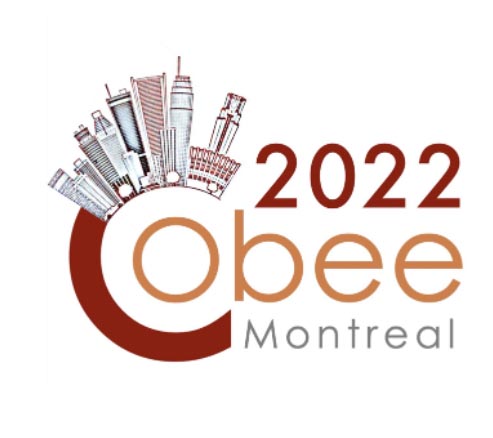
Ph.D. student, Kathryn (Katy) Hinkelman received 2022 Marlene & Joseph Borda Architectural Engineering Graduates Fellowships from Penn State University to attend the 5th International Conference on Building Energy and Environment (COBEE) in Montreal Canada, July 25-29, 2022. She will present her work titled “Ecosystem-Level Biomimicry for the Built Environment: Adopting Systems Ecology Principles for the Control of Heterogeneous Energy Systems” at the conference. This paper is co-authored by Dr. Michael Wetter from LBNL, the SBS lab director, Dr. Wangda Zuo, and the lab alumni Dr. Jing Wang and Dr. Sen Huang.
The purpose of the Marlene & Joseph Borda Architectural Engineering Graduates Fellowships is scholarly dissemination. It is for Architectural Engineering graduate students, enrolled in Ph.D., M.S. and M.Eng. degree programs at Penn State, who plan to present their research findings at a national or international meeting (conference, workshop, symposium, etc.).
We wish Katy safe travels and good luck with her presentation!










